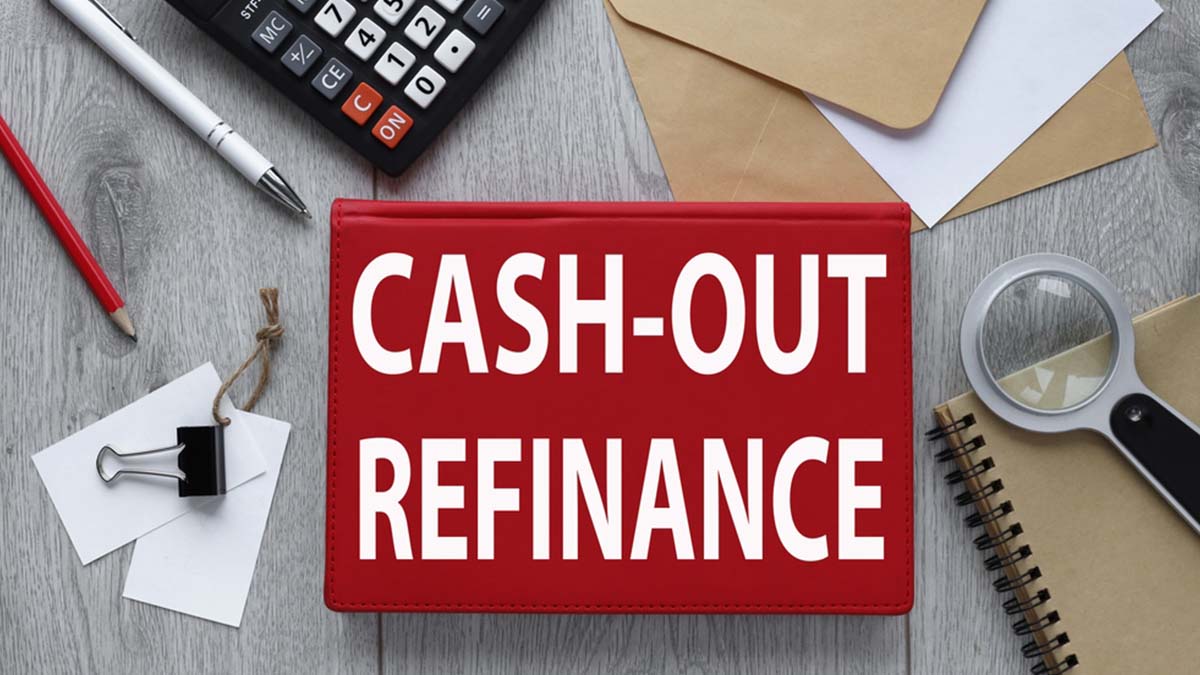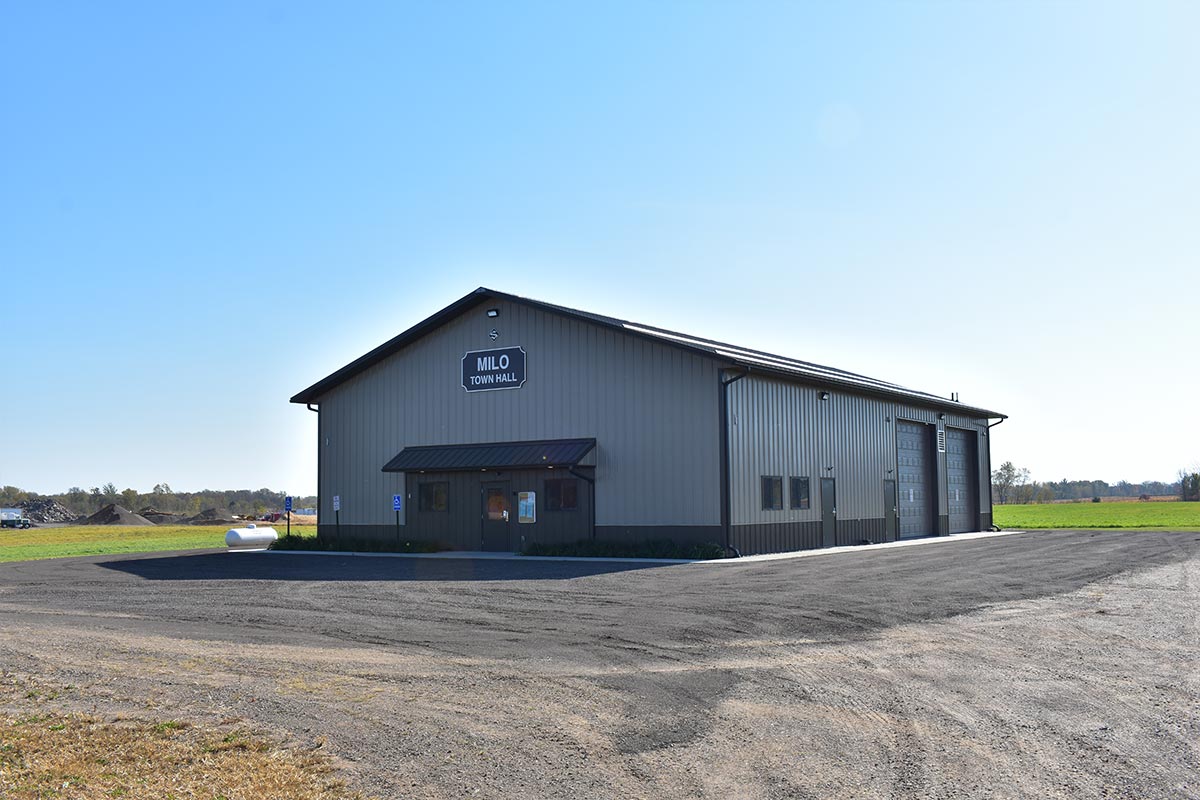

Understanding the Basics of Commercial Mortgage Loans
A commercial mortgage loan is a financing tool utilised for the purchase or refinance of commercial real estate. In contrast to residential mortgages, which cater to individuals buying homes, commercial mortgages target businesses and investors seeking to acquire income-generating properties. These properties encompass a broad spectrum, including office buildings, retail spaces, industrial facilities, hotels, apartment complexes, and more.
Here are the key features of commercial mortgage loans:
1. Purpose:
Commercial mortgage loans are instrumental in financing the acquisition, development, or refinancing of income-producing properties such as office buildings, retail centres, industrial facilities, hotels, and multifamily housing. They are expressly tailored for business purposes and not intended for personal or residential use.
2. Secured by Real Estate:
Like residential mortgages, commercial mortgage loans are secured by the property being financed. In the event of a borrower default, the lender has the right to seize the property through foreclosure.
3. Types of Commercial Loans:
There are a variety of commercial mortgage loans to meet the diverse needs of businesses and investors. The selection depends on factors like the loan's purpose, the type of property being financed, and the borrower's qualifications.
A. Traditional Commercial Mortgages: Standard loans with fixed or variable interest rates for the purchase or refinancing of income-producing commercial properties.
B. SBA Loans: Backed by the Small Business Administration, designed to assist small businesses in acquiring or improving owner-occupied commercial real estate.
C. Construction Loans: Financing for the development or renovation of commercial properties, with the option to convert into a permanent commercial mortgage.
D. Bridge Loans: Short-term financing bridging the gap between property purchase and sale, often used for rehabilitation projects.
E. CMBS Loans (Commercial Mortgage-Backed Securities): This involves pooling multiple commercial mortgage loans and selling bonds backed by the income from these loans to investors.
F. Commercial Equity Lines of Credit (CELOC): Similar to a home equity line of credit, allowing
G. Hard Money Loans: Short-term, high-interest loans commonly used by real estate investors for the acquisition or improvement of commercial properties.
H. HUD/FHA Loans: Insured by the Department of Housing and Urban Development or the Federal Housing Administration, they are often used for the construction or rehabilitation of multifamily housing projects.
I. USDA B&I Loans: A loan guarantee programme by the United States Department of Agriculture to assist rural businesses and communities with various business purposes, including commercial real estate.
4. Loan Terms:
Commercial mortgage loan terms vary but are typically shorter than residential mortgages. Terms may range from 5 to 30 years, with the amortisation period potentially longer.
5. Interest Rates:
Commercial mortgage interest rates can be fixed or variable, providing either stability in monthly payments or adjustments based on market conditions and loan types.
6. Qualification Criteria:
Meeting criteria for commercial mortgages involves evaluating factors such as creditworthiness, property income potential, loan purpose, and overall financial stability. Different types of loans, like bridge loans or hard money loans, may have distinct qualification requirements.
7. Loan-to-Value Ratio (LTV):
Commercial lenders often require a lower loan-to-value ratio compared to residential mortgages, assessing the risk associated with the loan.
8. Down Payment:
Borrowers typically need to make a down payment, with the percentage varying based on factors such as property type, the borrower's financial health, and perceived risk.
9. Prepayment Penalties:
Some commercial mortgage loans may incur prepayment penalties if the borrower pays off the loan before the agreed-upon term, compensating the lender for potential lost interest income.
10. Personal Guarantees:
Especially for small businesses, lenders may demand personal guarantees from business owners, making them personally responsible for loan repayment if the business cannot.
Understanding the nuances of commercial mortgage loans is vital for businesses venturing into commercial real estate. It is recommended to collaborate with financial professionals and experienced lenders in commercial real estate to navigate the intricacies of these transactions.



